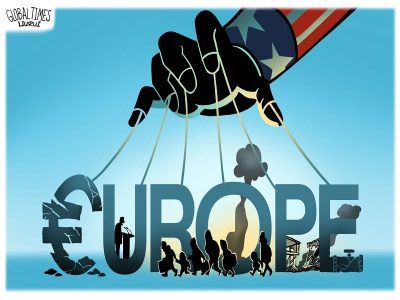
It was widely understood till recently that many countries of Europe basically are in favor of pursuing easier and faster economic and industrial growth on the basis of importing cheap energy from Russia but when this is frowned upon by the USA then they agree, happily or otherwise, to the wishes of the USA because they see the special alignment with the USA as even more important. This was the situation on the basis of which the shocking European reluctance, on the part of not just the governments but even the media, to explore and tell the truth about so hugely important a matter as the sabotage of Nord Stream pipelines.
Following the change in the USA administration and with the Trump administration known to be in favor of reaching an agreement with Russia for better relations, the situation in Europe is likely to have much lesser opposition or perhaps no opposition from the USA to Europe seeking stable and better relations with Russia, Europe can come back to pursuing easier and quicker economic progress based on the import of much cheaper Russian gas. It was believed that Europe, even if only for this reason, would like to move towards mending relations with Russia which would involve ending or significantly reducing military support for Ukraine and thereby contributing to early end of the Ukraine-Russia war.
In other words, the common understanding was that the Trump administration’s eagerness to end the Ukraine war and improve relations with Russia would be supported by Europe and both would by and large work together in this direction, although for their own reasons and despite the fact that several prominent policy makers on both sides of the Atlantic will continue with their old baggage of opposing Russia come what may.
However this understanding of the situation held by many people has not played out in reality, and to the utter surprise of several people, Europe proved to be very persistent in maintaining its military support for Ukraine, even at the risk of irritating President Trump and opposing his policy of securing early end to Ukraine war.
One result of this curious choice is that the Russia-Ukraine war is likely to continue for a longer period, belying earlier hopes of an early end. If earlier this war continued with the support of the USA and Europe for Ukraine, now it may continue with the military support of Europe only for Ukraine. From the point of view of world peace, a very early end of war would be much better. In the present circumstances, European policy appears to be responsible for the increased possibility of prolonging the war unnecessarily. In addition this involves collaboration with neo-Nazi elements who are known to be increasingly powerful in Ukraine and its military affairs.
What is the reason behind the curious policy decisions adopted by Europe, which appear to many observers to be against its own economic interests as well as against the interests of world peace.
One reason for such curious policy choices is that Europe is in the course of increasing its own militarization with increased military budgets. When several countries or a region are on such a course, sometimes they may deliberately neglect or even oppose the more obvious agenda of peace, because powerful persons here want that they should be able to whip up public opinion against someone perceived as strong enemy or some big threatening force, real or imaginary. This is considered necessary to advance their own militarization and military-industrial complexes, along with allocation of much higher budgets for this—a policy which is the reverse of turning swords into ploughshares, it is more like turning ploughshares into swords, or turning cars into tanks.
So if the path ahead is to support growing militarization, quickly expanding military industrial complex, linking economic growth more with this and getting public support for increasing military budget allocation at a time of increasing welfare needs, then perhaps the policy choice of treating Russia as a big enemy posing highly exaggerated threats not just to Ukraine but to other European countries can be understood in this context. In addition there can be other supporting factors such as the strong anti-Russian feelings that exist among a section of influential leaders based on a selective reading and understanding of history and bolstered by propaganda which sees only the negative sides of Russia’s historical role, forgetting the courage of its people and soldiers which played the most important role in defeating Hitler and forgetting also the great sufferings of the Russian people themselves also in the course of achieving this defeat of Hitler.
Another factor may be that some vain leaders of Europe may be seeking glory in leading a new militarization trend of making Europe stronger in military terms.
Adopting highly distorted policies on the basis of very selective inclusion of only those aspects of history and recent happenings which suit these distorted policies is a serious mistake Europe should avoid. Why is there no acceptance of serious mistakes and even tragedies like collusion to at least extent in the coup of 2014 which removed the democratically elected government and president of Ukraine, the resulting onslaught after that on Russian language speaking people of Ukraine and in the sabotaging of Minsk Accords, in the silent acceptance of the destruction of Nord Stream?
On the basis of a realistic and evidence-based consideration of its options and policies, it is still not too late for Europe to start working towards an inclusive security for Europe that can accommodate Russia as a friendly power. Europe should also play an important role in ending the Russia-Ukraine war as early as possible on a note of durable peace and goodwill, and then help in the large-scale but community-based reconstruction and rehabilitation effort in Ukraine.
*
Click the share button below to email/forward this article. Follow us on Instagram and X and subscribe to our Telegram Channel. Feel free to repost Global Research articles with proper attribution.
Bharat Dogra is Honorary Convener, Campaign to Save Earth Now. His recent books include Protecting Earth for Children, Planet in Peril, A Day in 2071 and Man over Machine—A Path to Peace. He is a regular contributor to Global Research.
Featured image source
Global Research is a reader-funded media. We do not accept any funding from corporations or governments. Help us stay afloat. Click the image below to make a one-time or recurring donation.
Counter Information publish all articles following the Creative Commons rule creative commons. If you don't want your article to appear in this blog email me and I will remove it asap.




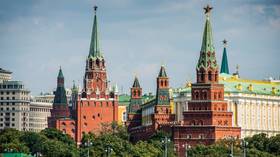
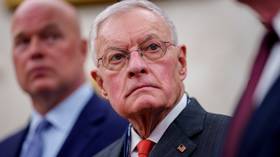
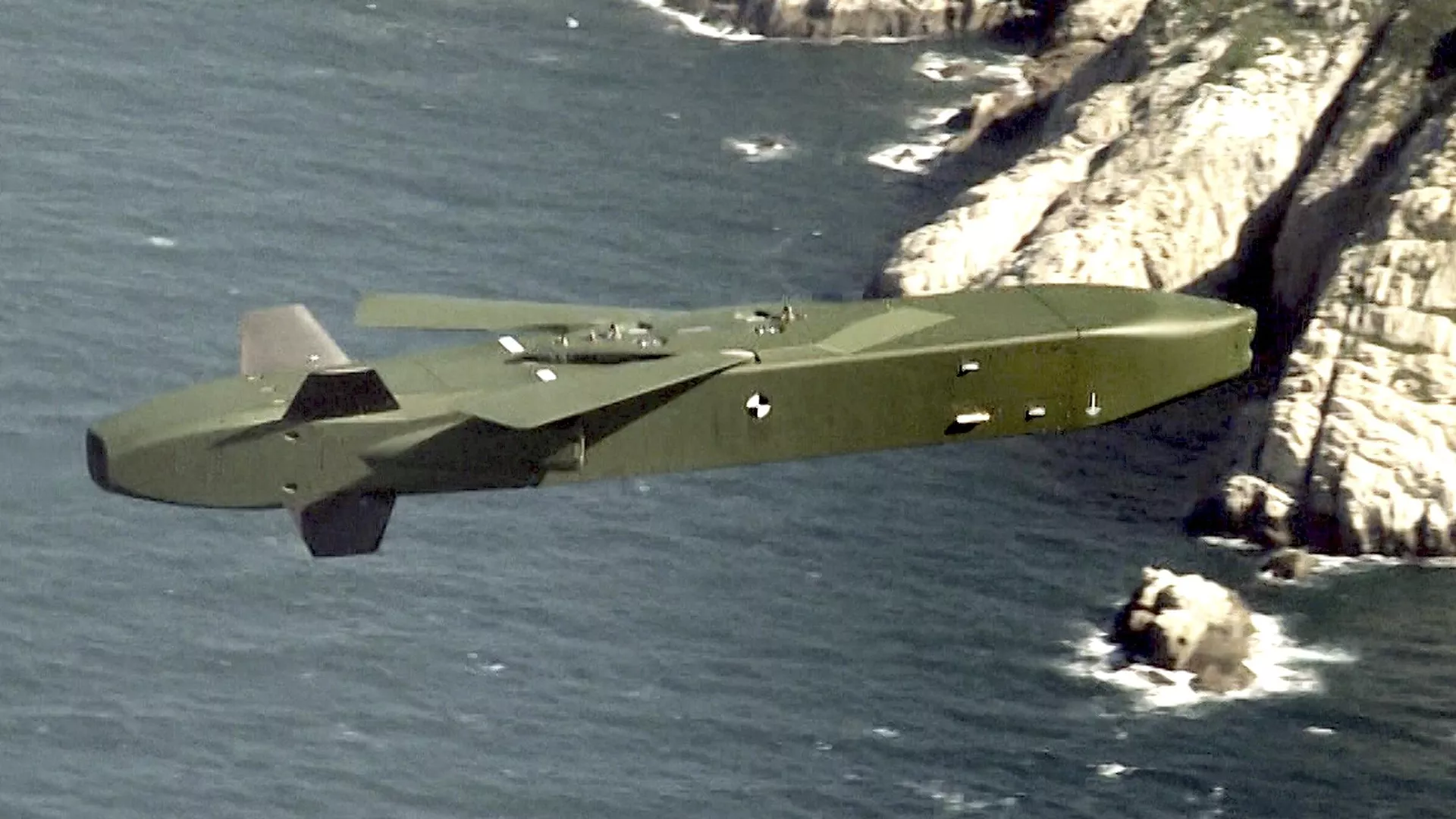
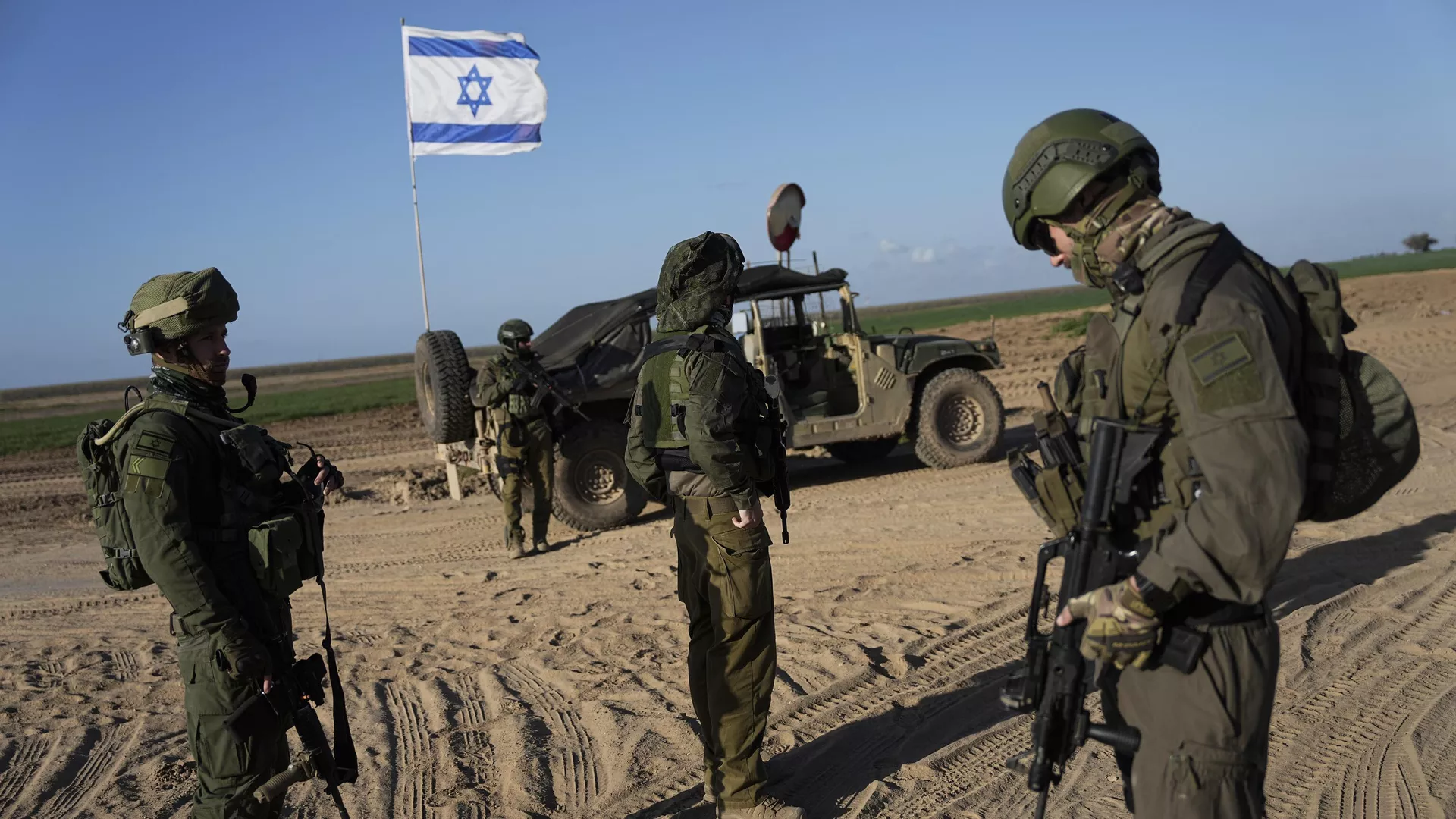
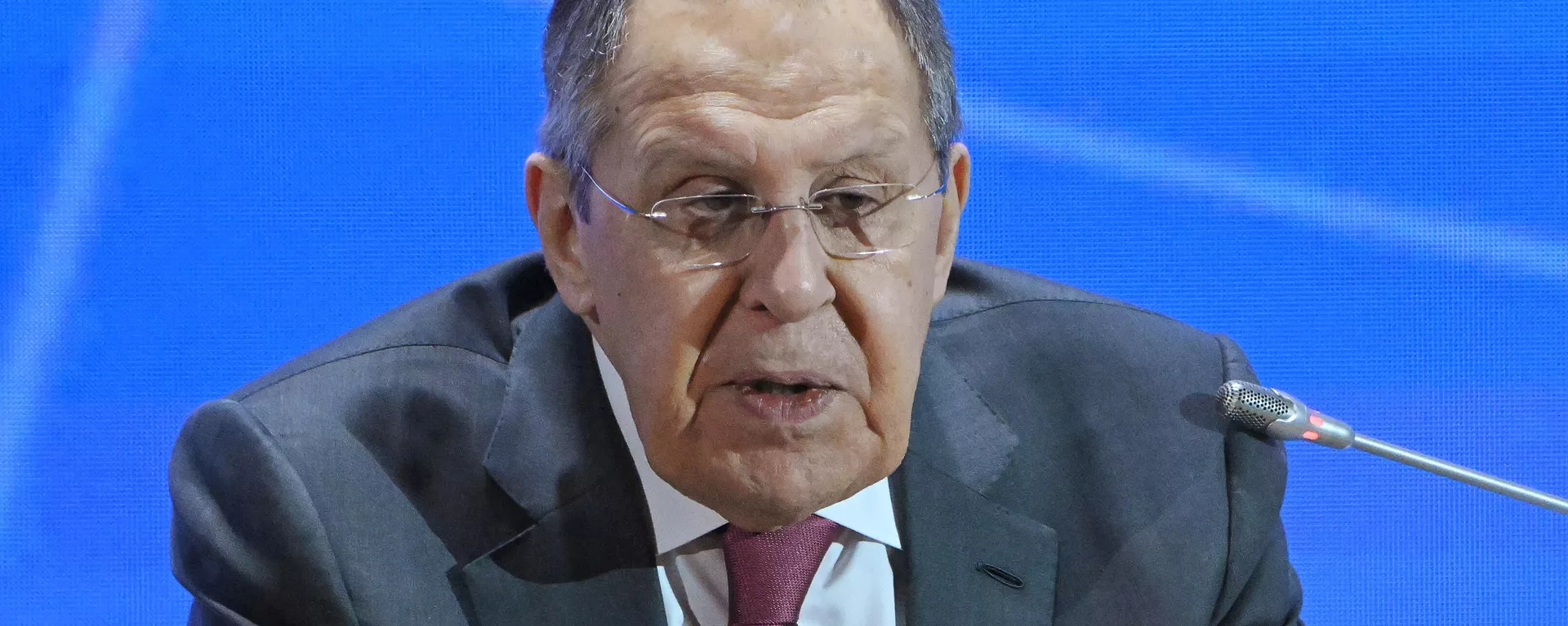

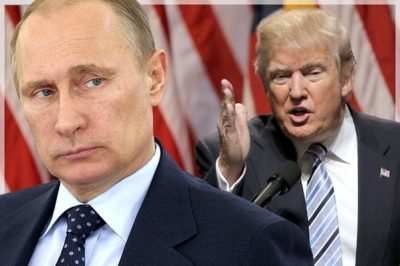
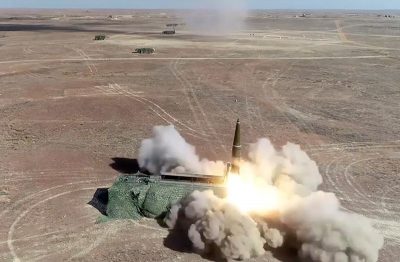

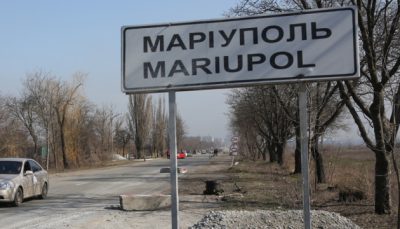


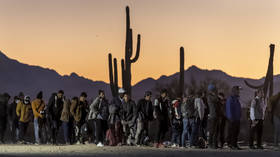

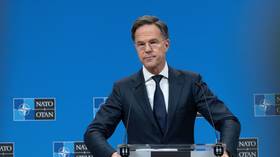
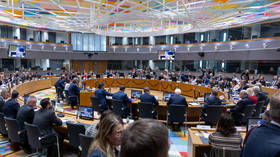
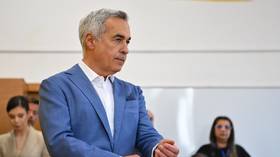
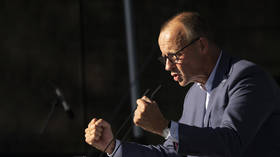
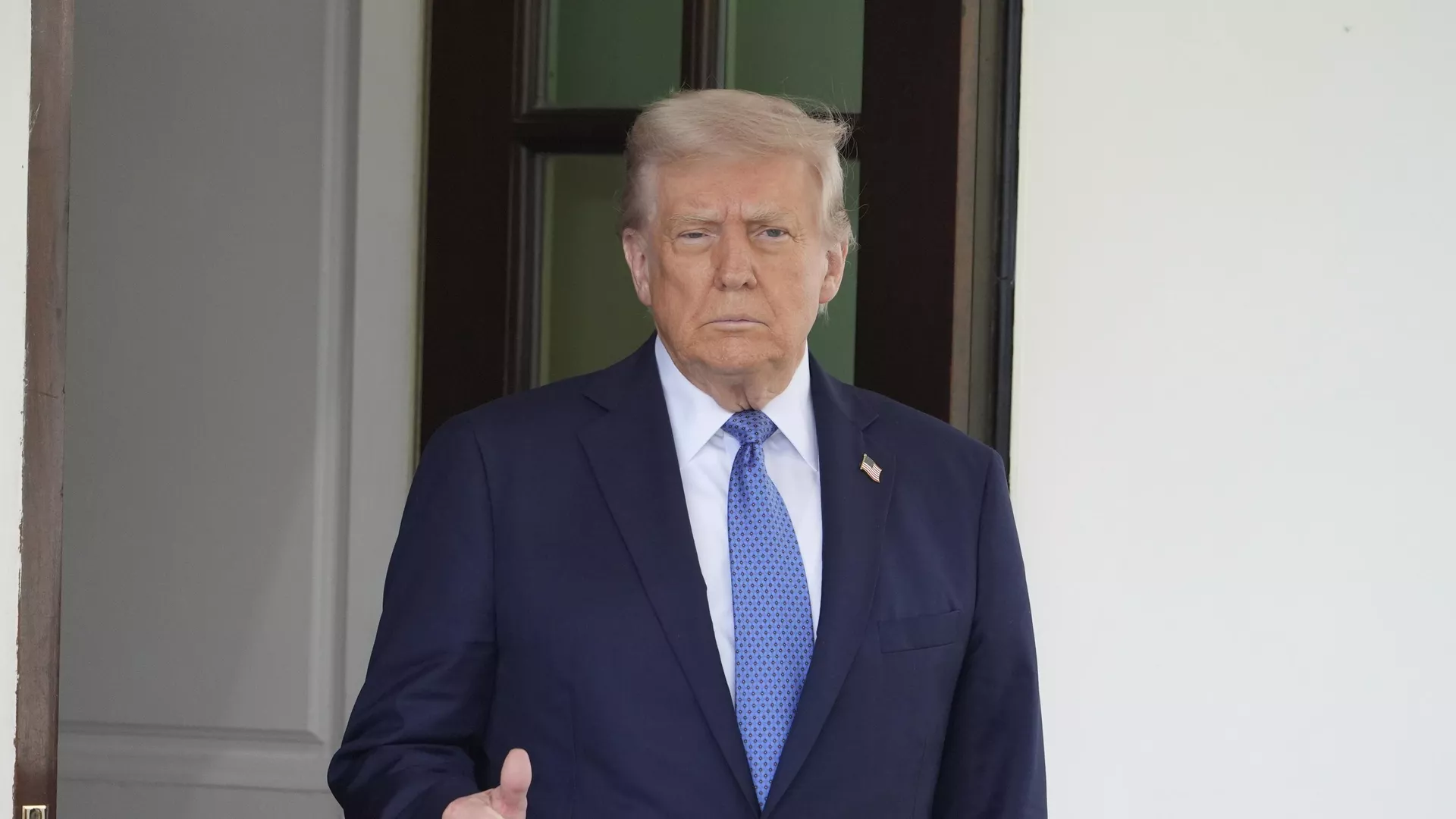


















No comments:
Post a Comment